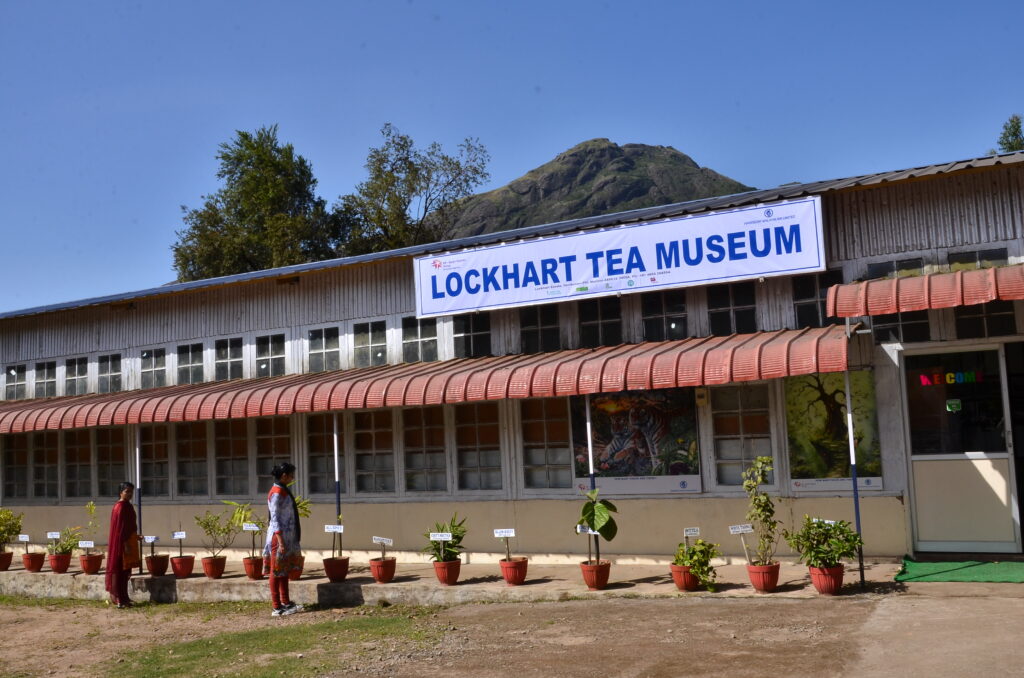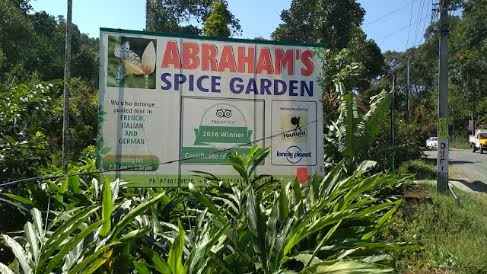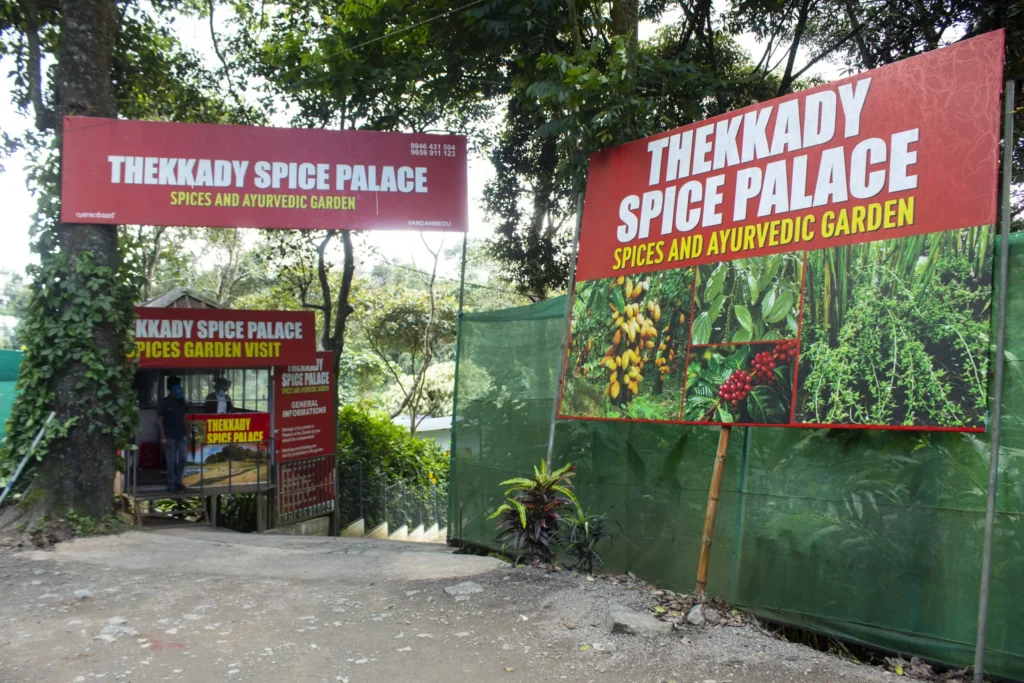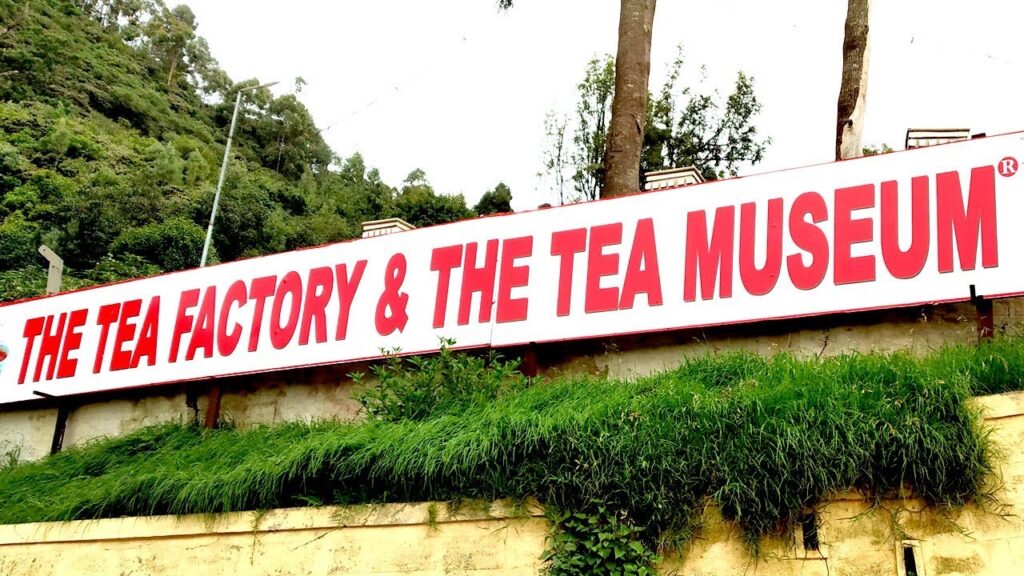
Kerala, fondly called “God’s Own Country,” is a land where the aroma of fresh spices mingles with the cool breeze drifting through emerald tea gardens. The state’s hilly terrain, particularly in regions like Munnar, Wayanad, Thekkady, and Vagamon, offers not only breathtaking landscapes but also a deep connection to Kerala’s agricultural heritage. Visiting Kerala’s tea and spice plantations is a sensory journey — one that combines natural beauty, cultural richness, and historical legacy.
1. Tata Tea Museum and Plantations, Munnar
The home of tea in the state of Kerala is Munnar. The undulating hills with vast green tea bushes create one of India’s most stunning landscapes. The Tata Tea Museum, or Kannan Devan Hills Plantations Museum, provides the public an interesting look into the history of tea production in the area. Located near the Nallathanni estate, it features old tea-rolling machinery, vintage photos, and other historical artifacts that tracked the tea industry from colonial times. You can see tea being processed, and could sample it fresh from the source. The guided plantation walks included interaction with tea pickers, and learning about withering and oxidation processes, while capturing incredible views of the misty Western Ghats.

2. Lockhart Tea Estate, Munnar
Established in 1879, Lockhart Tea Estate is among the oldest tea estates in Munnar and retains the character of the colonial period. Set among rolling hills, the estate offers immersive walks through tea plantations, factories and various beautiful viewpoints. Lockhart also has a museum that documents the tea processing methods and plantation life during the colonial period. Visitors can participate in a tea tasting and sample some of Munnar’s finest teas such as black tea, green tea and oolong tea. The views from the estate are outstanding and there’s no better way to see the valleys of Kerala than to do so from high above.

3. Connemara Tea Estate, Vandiperiyar (Thekkady)
Located close to Thekkady, Connemara Tea Estate is an offbeat yet equitable alternative to the more commercially developed tea plantations in Munnar. With rolling grounds, dense tea bushes, misty air, and the comforting sound of plucking, this estate is as tranquil as it gets. Visitors can enjoy guided tours, learn from actual tea plucking and processing procedures, and enjoy the beautiful views of the Western Ghats. If you are feeling adventurous, then consider visiting the nearby Periyar Wildlife Sanctuary, where you can view wildlife in the morning, and then have an afternoon of relaxation in the tea gardens.

4. Wayanad Tea Estates – Elstone and Priyadarshini Estates
In northern Kerala, Wayanad has long, expansive tea estates which are not commercial, but quite community based. Among them, the Elstone Tea Estate and Priyadarshini Tea Estate stand out. Priyadarshini Estate, run by tribal communities, provides a more eco-friendly and responsible tea estate experience. Visitors can walk the tea fields, see sustainable ways of producing tea, and meet local workers who depend on tea cultivation for their livelihoods. The Elstone Estate features classic scenic beauty with undulating hills and misty mornings. Wayanad’s tea estates are ideal alongside locations like Edakkal Caves, and Banasura Sagar Dam for a fun yet educational experience as a tourist along with the tea estates that provide a breath of fresh air.

5. Abraham’s Spice Garden, Thekkady
When it comes to spices, Kerala is rightly called the “Spice Garden of India,” and Abraham’s Spice Garden in Thekkady is a prime example. This family-operated, organic spice garden spans 2 acres and provides guided tours on the growing unique spices like cardamom, cinnamon, clove, nutmeg, pepper, and vanilla. Your hosts will provide detailed descriptions of where the spice is grown, how to harvest it, what to do with it after harvesting and even additional tidbits about their medicinal and culinary features. The tours are intimate and personalized, and so highly recommended if you are interested in cooking, or Ayurveda.

6. Green Land Spice Garden, Thekkady
Another jewel in Thekkady, the Green Land Spice Garden, offers a thorough and informative insight into Kerala’s spice growing. The guided tours are interactive, allowing visitors to see, feel, smell and even taste different spices in their natural form. You will also learn about inter-cropping techniques to grow different spice varieties together, a traditional way to help maintain soil fertility. The plantation provides an insight into Kerala’s ancient trading connections with civilizations that placed a higher value on it’s spices than gold.

7. Periyar Spice & Ayurvedic Garden, Kumily
Adjacent to Thekkady’s Periyar Tiger Reserve, the Periyar Spice and Ayurvedic Garden provides a combined experience of spice cultivation and Ayurvedic healing traditions. Guests can wander through plantations of cardamom, nutmeg, and pepper while guides elucidate the connection between spices and traditional wellness. In addition, the plantation also offers demonstrations of how to prepare Ayurvedic oils and massages as well as herbal products, representing Kerala’s holistic way of life.

8. Parameswaran’s Spice Plantation, Idukki
Located in Idukki’s hills, Parameswaran’s Spice Plantation provides a lovely way for visitors to engage with the history of spices in Kerala. The plantation is popular for its high-quality pepper, cardamom, and clove cultivation, and spice-tasting tours are available where visitors can learn about the spices of Kerala in detail while being surrounded by their aromas and tastes. This plantation emphasizes organic agricultural practices, successfully demonstrating and teaching visitors how farmers can harmonize organic farming and production.

9. Mysore Tea Factory and Museum, Vandiperiyar
The Mysore Tea Factory and Museum near Vandiperiyar is a bit off the beaten path, but a worthwhile place to see in central Kerala. You will see tea leaves that being withered, rolled, fermented, and dried, before they are packed for sale. The museum portion has old machinery and pictures highlighting Kerala’s tea legacy. This could be a nice stopover for tea lovers on their way to or from Munnar and Thekkady.

10. Spice Village, Thekkady – An Eco-Resort at a Working Spice Plantation
Spice Village in Thekkady is a unique eco-resort that doubles as a spice plantation for those who want to immerse themselves in the fragrance of Kerala’s spices. Visitors can experience living at an eco-resort surrounded by pepper vines, cardamom groves, and organic gardens while staying in cottages constructed to resemble tribal huts. Spice walks, cooking classes, and Ayurvedic treatments create a complete cultural and sensory experience.

Conclusion
On its misty tea estates from Munnar and Wayanad to its aromatic spice plantations in Thekkady and Idukki, Kerala embodies the rare mixture of stunning landscape and cultural richness. Each plantation has its own story to tell. Each embodies a colonial past, sustainable agricultural practices, and the lives of men and women who stewarded these lands for generations. Experiencing these plantations is more than tasting tea or smelling spices; it is about engaging with the heart of Kerala — a place where nature, tradition, and human intervention become one.



